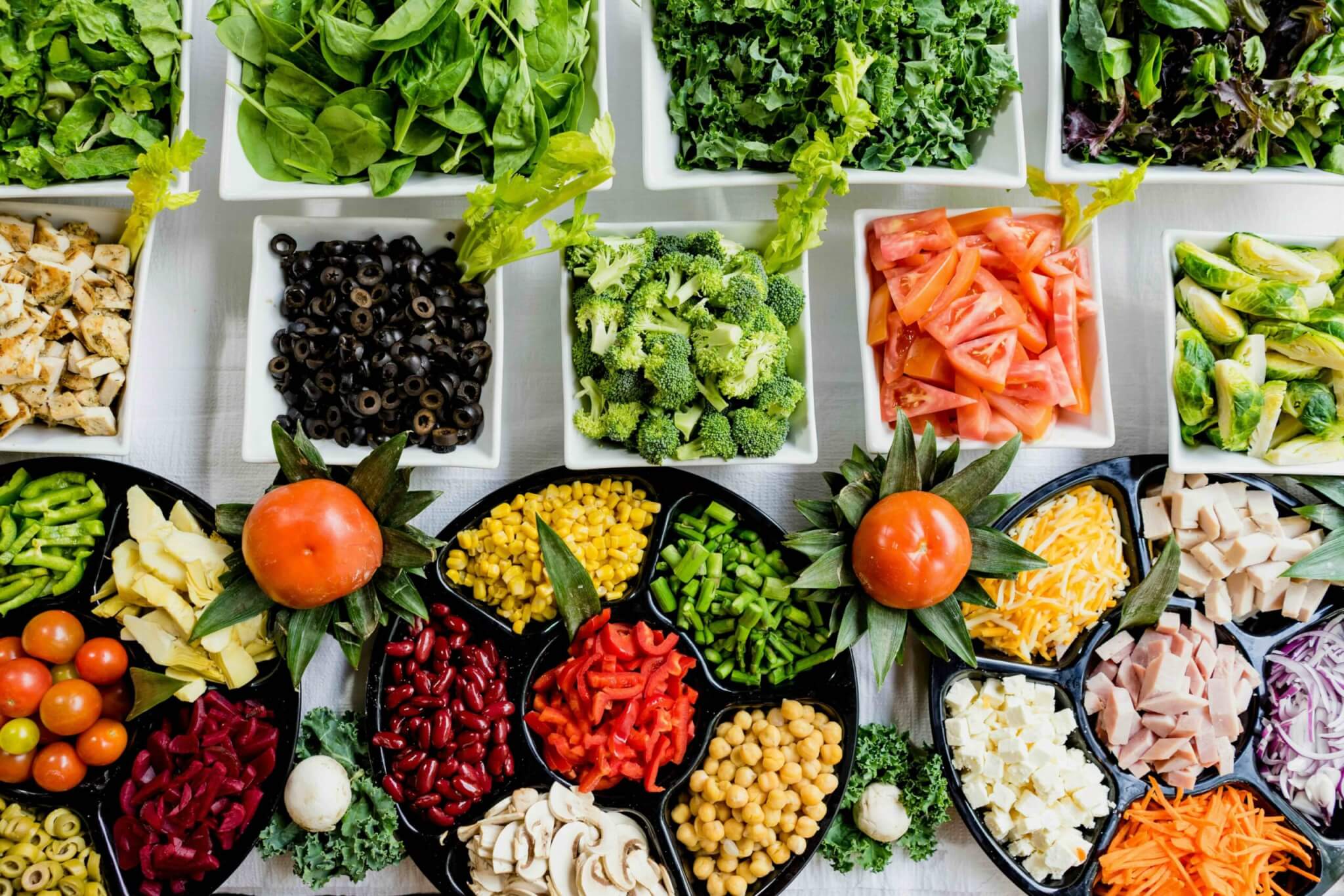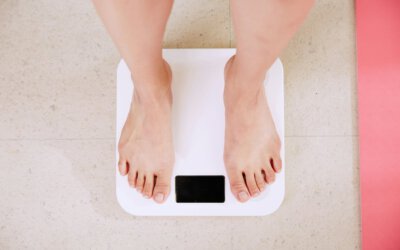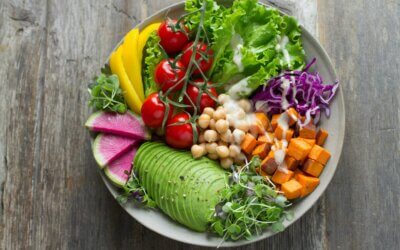Surgery puts immense stress on the body. It affects your metabolism, weakens your immune system, and can lead to muscle breakdown—especially if you’re immobile or spending extended time lying down. Eating well after surgery is crucial to support healing, maintain muscle mass, and reduce the risk of complications.
Whether you’ve just had surgery or are preparing for one, understanding the role of nutrition in recovery can make all the difference.
Why Nutrition After Surgery Matters
The Body’s Stress Response and Protein Breakdown
After surgery, your body enters a catabolic state—it starts breaking down muscle tissue to fuel the healing process. This increases your calorie and protein requirements significantly. Yet, at the same time, appetite often drops due to pain, medications, and reduced physical activity. This mismatch puts patients at risk of under-eating precisely when their bodies need more nutrients.
Malnutrition Increases Recovery Risks
Studies show that 40–50% of patients are already at risk of malnutrition before surgery even begins[^1][^2]. Poor nutrition at this stage is linked to:
- Slower wound healing
- Higher rates of infection
- Longer hospital stays
This is why early nutrition screening and planning are essential for surgical patients.
What to Eat in the First 24 Hours After Surgery
Your consultant will advise when it’s safe to eat again. However, research suggests that starting to eat within 24 hours of surgery supports better recovery and reduces complications[^3].
Tips for Early Nutrition Post-Surgery
- Eat small, frequent meals, even if your appetite is low.
- Include protein-rich foods in at least 2–3 meals or snacks daily.
- Consider nutritional supplement drinks (under dietitian guidance) if you struggle to meet protein needs.
- Stay hydrated—water is best.
Home Recovery: How to Continue Eating for Healing
Even after returning home, your appetite may still be low due to medications or reduced activity. But continuing to eat well remains vital.
Post-Operative Diet Tips at Home
- Eat a balanced, nutrient-dense diet rich in vitamins and minerals.
- Nutrients like Vitamin C and arginine support wound healing.
- Protein intake is still essential. Aim to include it in each meal and snack.
- Hydration matters—drink at least 1.5L of water per day, unless your doctor advises otherwise.
- Nutritional supplements may still be required during early recovery. Always consult a dietitian.
- Monitor your weight weekly (same time, before breakfast).
If you’re losing weight, it could indicate muscle loss and delayed healing—speak to your GP or dietitian.
Managing Special Conditions (e.g., Diabetes)
If you have diabetes, blood glucose management is essential to promote wound healing. You may require individualised dietary adjustments based on your medications and healing progress. A dietitian can help you tailor your post-op diet accordingly.
Need Support with Your Recovery Nutrition?
Whether you’re preparing for an operation or currently recovering, our CORU-Irish-registered dietitians at Webdoctor are here to help. Book a virtual consultation today to get expert advice tailored to your surgical journey.
References:
- Martínez-Ortega, A.J., Piñar-Gutiérrez, A., Serrano-Aguayo, P., González-Navarro, I., Remón-Ruíz, P.J., Pereira-Cunill, J.L. and García-Luna, P.P. (2022). Perioperative Nutritional Support: A Review of Current Literature. Nutrients, [online] 14(8), p.1601. doi:https://doi.org/10.3390/nu14081601.
- Jones, A.N., Robinson, K.A., Munder, K. and Bhutiani, N. (2024). Nutritional Implications in Postoperative Patients. Spring Nature, 12, p.p.213-226. doi:https://doi.org/10.1007/s40137-024-00404-0.
- Clyne, R., Forde, N. and White, C. (2021). Enhanced recovery after surgery: what are the nutritional outcomes? Clinical Nutrition ESPEN, 46, p.S786. doi:https://doi.org/10.1016/j.clnesp.2021.09.688.




